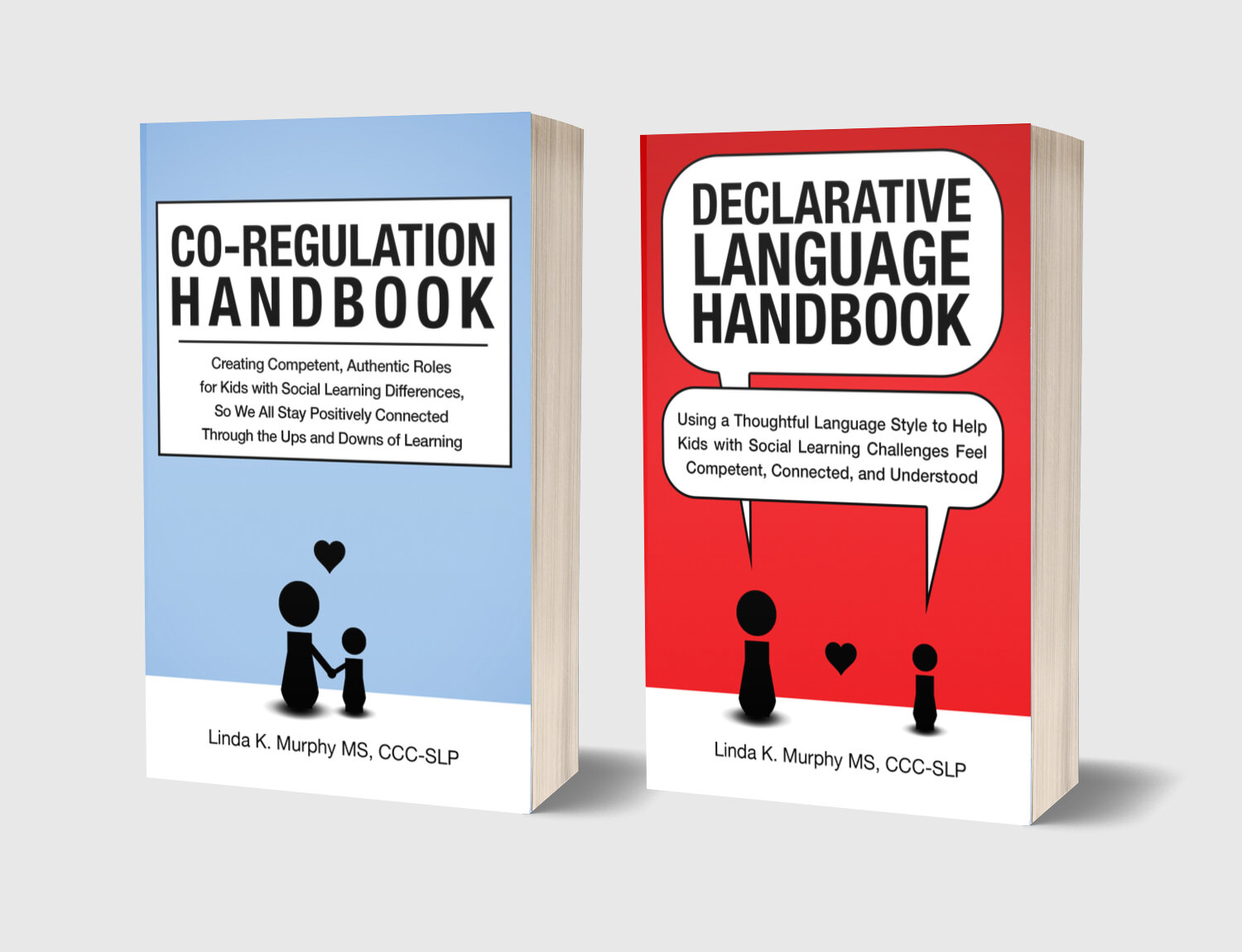The Original Wordle
Mastermind: Wordle of the 80’s
Desmond and I played this game last weekend, and I snapped this picture when he was one row away from solving the puzzle. All the information is there for you to crack the code, so go for it! And then read on for all the nuances and learning opportunities embedded in this awesome game.
Are people loving Wordle as much as me, Mike, Cari, my husband, my friend Eileen, my cousin Janice…. etc. are? This post will be a throwback to growing up in the 80’s – and the original Wordle: Mastermind!
When I was young, I LOVED this game, and use to play it all the time with my mother (a math teacher who was always up for a good problem to solve). Mastermind is a game that is analytical, and therefore success makes players feel smart! And for me, it also brings back fond childhood memories. So, Win-Win!
With Mastermind, you are essentially cracking a 4-color code.
One person makes the code (using role language as discussed in Co-Regulation Handbook: “the code-maker”), and the other breaks it (“the code-breaker”), in a systematic fashion, as they receive information from the code-maker, turn to turn.
Simple but such rich learning opportunities across areas important for social learning and executive function, including:
Persistence: It encourages the code-breaker to march steadily toward success, with increasing confidence.
Resilience: You have plenty of time to recover from small setbacks or mistakes.
Reflection/Future Planning: The code-breaker must continually incorporate information learned, turn to turn. (While guiding a new player I often say, “Be sure to use what you have learned!”).
Perspective Taking: The two players have different sets of knowledge. In fact, the game is reliant on this basic premise (I make a code that you don’t know, and you work to crack it!).
Partnership: It also is co-regulatory – we need each other, authentically, to play the game, and we stay in sync through the end. (You guess, I respond based on your guess… You guess again based on my feedback, I respond again…and so on).
There are so many good reasons to go play this game with your kids, no matter their age!
But, the game can sometimes be overwhelming for kids if they have never played. There are many game pieces to manage and attend to, there are fine motor demands, and there are multiple pieces of information to keep track of (working memory). The benefits are great, but it is important when starting out, to scaffold the game as your child learns, so they are successful.
Because I want to set YOU up for success as you introduce this game, next week I will share how I use declarative language + a competent roles mindset when guiding learning within this game. Stay tuned!
Have a great week!
Today is the last day to access the Decoding Behavior Summit content for free. Yesterday, I spoke about DL & CR, which you can listen to through today, Feb. 13.
(But, you can purchase their FAST pass & listen to all talks anytime in the future!)
Empowered parents empower their children. The Decoding Behavior Summit will empower you to help your child feel better so they can do better.
Grab your spot through this link!
If you like my Sunday Snippets of Support, you can receive them directly to your inbox here.






